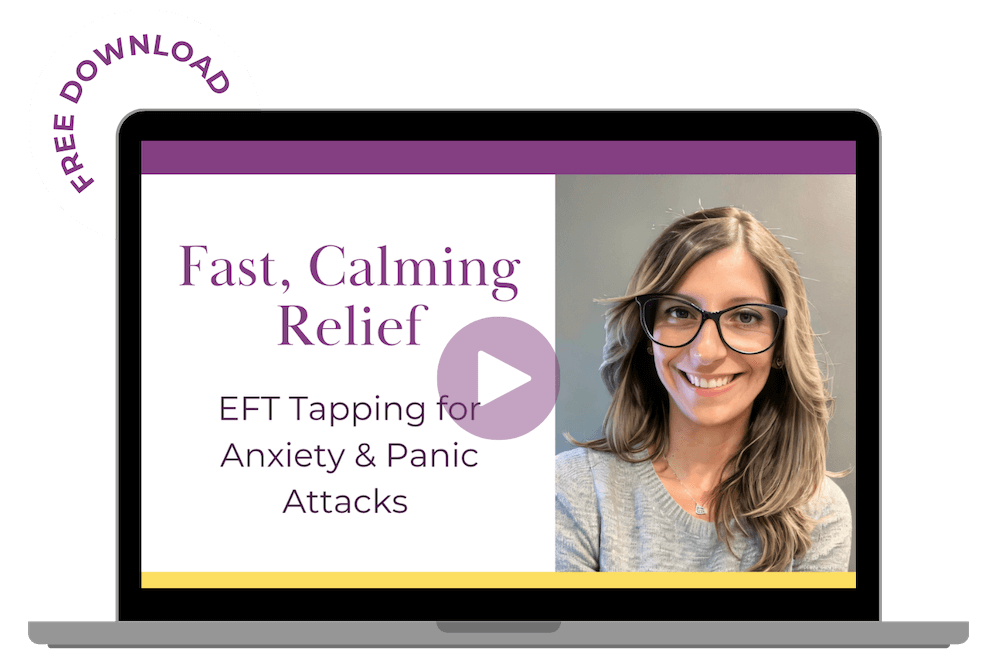For many, the phrase “Obsessive-Compulsive Disorder” (OCD) conjures images of excessive hand washing or checking the stove multiple times before leaving the house. However, the reality of OCD is far more complex, especially when it intersects with panic attacks, creating a whirlwind of incessant thoughts and overwhelming fear. Delving into this unseen battle offers both insight and hope for those trapped in its grasp.
Understanding OCD and Its Link to Panic Attacks
- Definition: OCD is a chronic mental health condition characterized by uncontrollable, recurring thoughts (obsessions) and behaviors (compulsions) that the individual feels the urge to repeat over and over.
- Statistics: The National Institute of Mental Health estimates that OCD affects 1.2% of adults in the U.S., with half of these cases classified as severe.
The interplay between OCD and panic attacks can be particularly debilitating. The relentless nature of OCD can fuel anxiety, which, in turn, can trigger panic attacks, creating a vicious cycle of distress.
Personal Experiences: My Own Struggle
Reflecting on my battle with OCD, it’s the obsessions that often lead to the most acute panic attacks. The fear of not having performed a compulsion “correctly” can spiral into an intense fear of catastrophic consequences, culminating in a full-blown panic episode. The mind races with “what if” scenarios, each more terrifying than the last, until the overwhelming urge to perform a compulsion sets in as a false promise of relief.
Coping Strategies for Managing OCD and Panic Attacks
For those navigating the turbulent waters of OCD and panic attacks, I’ve found several strategies that offer a guiding light:
- Professional Support: Engaging in therapy, particularly Exposure and Response Prevention (ERP) and Cognitive Behavioral Therapy (CBT), can be effective in managing OCD and related panic attacks.
- Medication: For some, medications such as SSRIs (Selective Serotonin Reuptake Inhibitors) have been helpful in reducing symptoms.
- Mindfulness and Relaxation Techniques: Techniques such as deep breathing, meditation, and yoga can help calm the mind and reduce the frequency and intensity of panic attacks.
- Building a Support Network: Connecting with others who understand the struggle can provide both comfort and practical advice for managing symptoms.
You Are Not Alone
The path through OCD and panic attacks can often feel lonely and insurmountable, but it’s important to remember that hope and help exist. By understanding the connection between OCD and panic attacks, seeking professional help, and employing personal coping strategies, it is possible to navigate this challenging terrain. Remember, your strength lies not in never falling, but in rising every time you fall. In this shared struggle, you are never alone.







